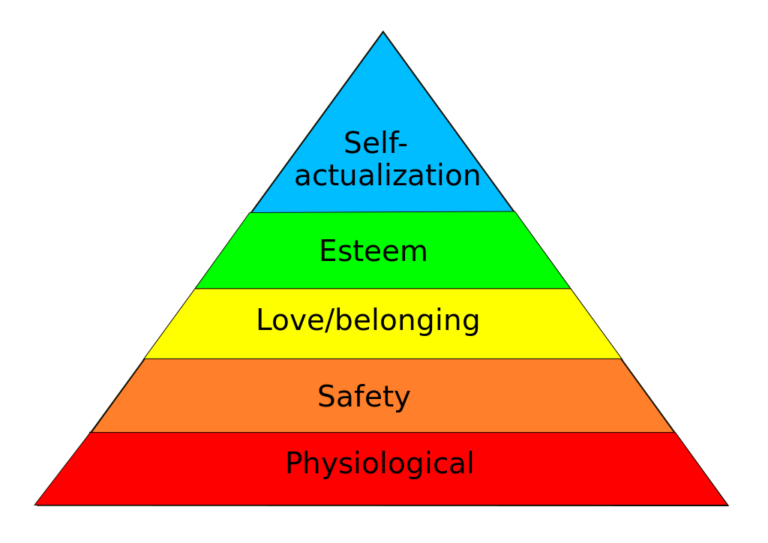Donald Trump, His Detractors, and the Rhetoric of Provocation
As we have previously stated, the Institute endorses no candidates and no policy positions. However, occasionally a political figure will say or do something that pertains to civility and deserves comment. Donald Trump’s recent proposal to ban Muslims from entering the United States falls into this category, insofar as it is contrary to the spirit…

